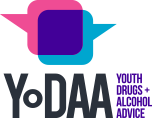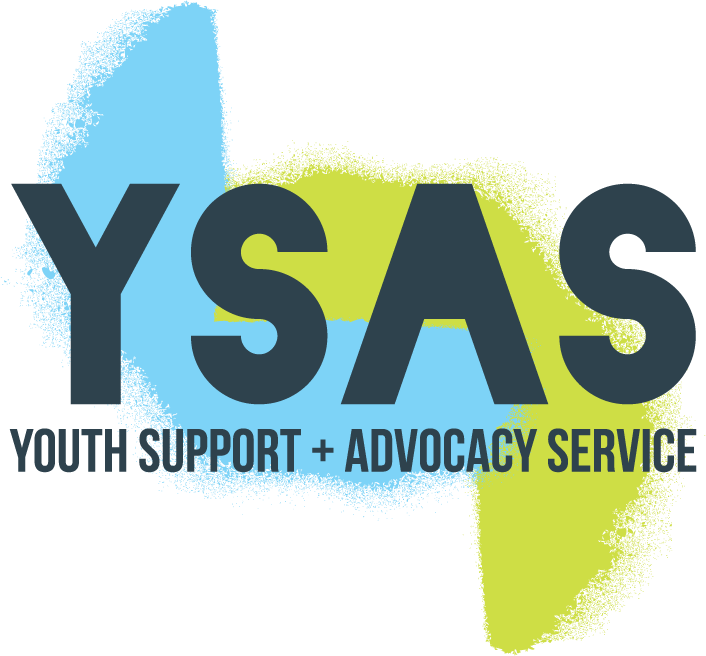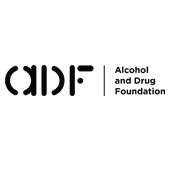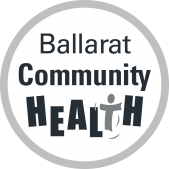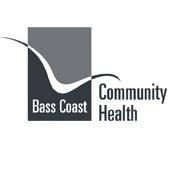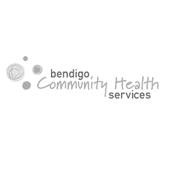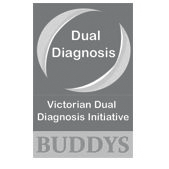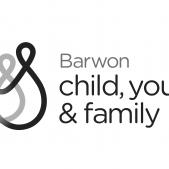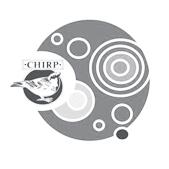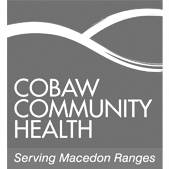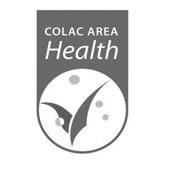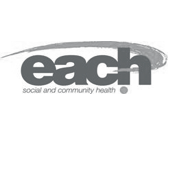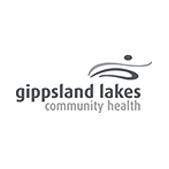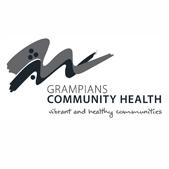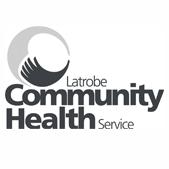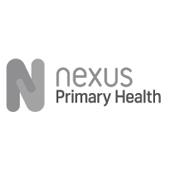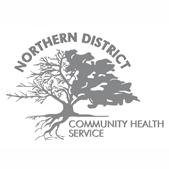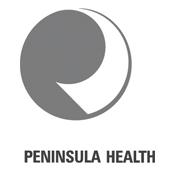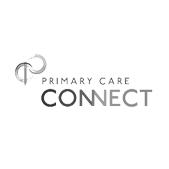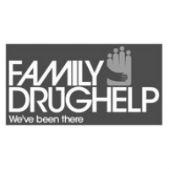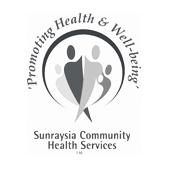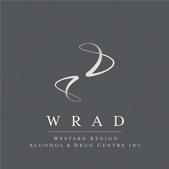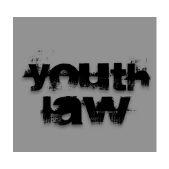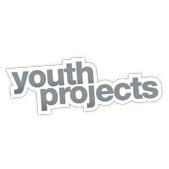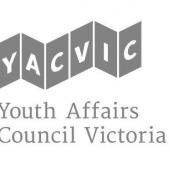Drug Facts
DXM- Fast facts for schools
DXM causes ‘Woozy’ and detached feelings, a loss of motor control like alcohol, and hallucinations leading to good or bad trips. Large doses can exacerbate mental health problems.
WHAT
Dextromethorphan (DXM) is a legal ingredient found in ‘over the counter’ cough syrups or cold and flu medications.
OTHER NAMES
Dex, DXM, Robo, Skittles, Syrup, Triple-C, Vitamin D, Tussin.
While using DXM the effects may be described as tripping, dexing, robotripping and more.
HOW COMMON IS USE?
Use of DXM tend to occur as fads by young people or young adults in a region or within a group. Reported abuse of DXM is scarce in Australia but there are still medicines that contain DXM on our shelves.
HOW CAN I TELL IF SOMEONE IS USING OR DEALING AT MY SCHOOL?
While pure DXM comes as a white powder it is most likely to be ingested as medicines containing DXM. Packets of cold and flu tablets or cough mixture containing the ingredient could be a sign of recent use. Talk amongst young people using code names as mentioned above may be an indicator.
HOW CAN I TELL IF A YOUNG PERSON IS USING?
DXM causes ‘Woozy’ and detached feelings, a loss of motor control like alcohol, and hallucinations leading to good or bad trips. Large doses can exacerbate mental health problems.
IMPLICATIONS FOR THE CLASSROOM
If a young person is using DXM it may be difficult to tell unless they are affected at the time and even then there a number of drugs that can have the same presentation. The after effects vary for each individual also. Generally DXM may impair a young person’s ability to focus and engage or cause them to be drowsy during class. The best immediate response to young person who has used DXM would be to take them to a quiet, comfortable area and have someone stay with them and reassure them.
